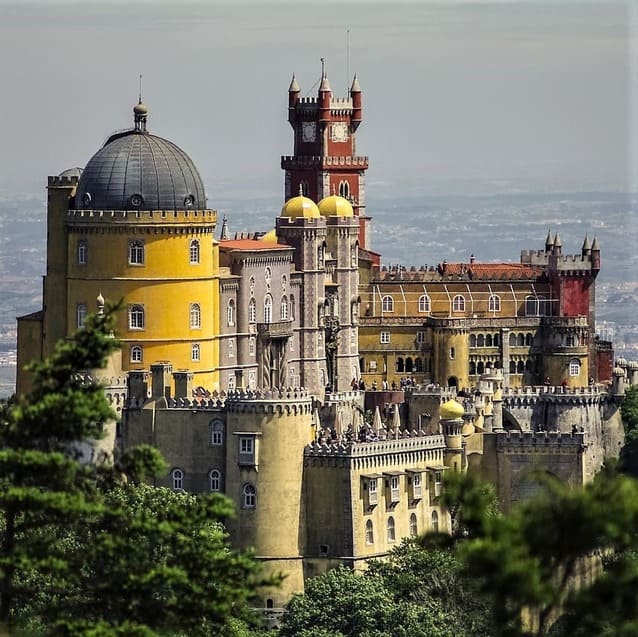
Portuguese translation services
PoliLingua speaks over 100 languages, including Portuguese and English. Contact us to get accurate Portuguese translation services that fit your needs! Whether it's a Portuguese certified translation, interpretation of a presentation, or localization of content/software, PoliLingua will help you go global and do business in any country.
Why PoliLingua?
- 727 Professional Portuguese translators
- 620,405 Portuguese words translated
- 493 Portuguese translation projects
- Projects Management & Quality Control
- Competitive Rates
Portuguese translation and interpretation services for any business
Portuguese is the sixth most widely spoken language in the world, with over 250 million people using it as their first language. As such, Portuguese translation and interpretation services can be extremely valuable for businesses that operate in Portuguese-speaking countries.
- If you need to translate marketing materials, website content, or legal documents, our team of professional Portuguese translators can provide accurate, reliable translations.
- We also offer Portuguese interpretation services for business meetings, conferences, and other events. With our help, you can ensure that your business communications are clear and effective, no matter what language your audience speaks.
- Translations of official documents into Portuguese language and Portuguese interpretation services provided by our company are essential when working with the local government, as it requires all documents and discussions to be provided in Portuguese.
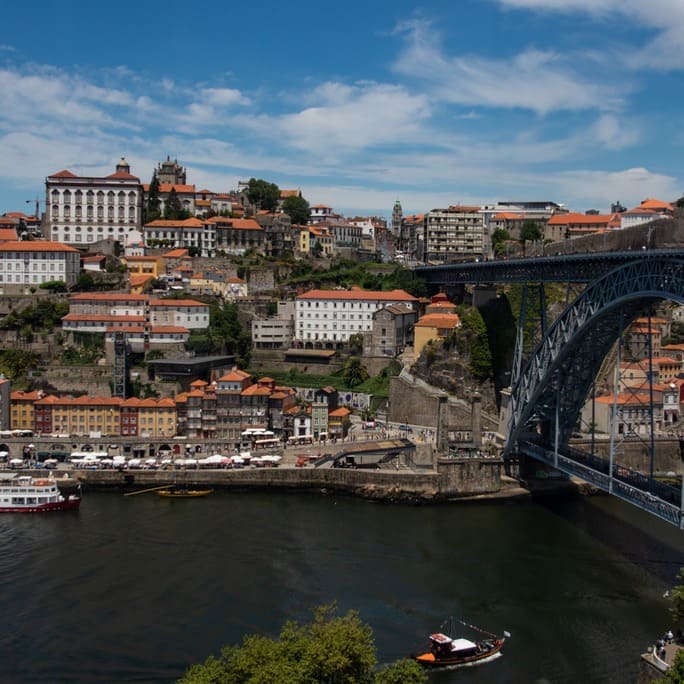
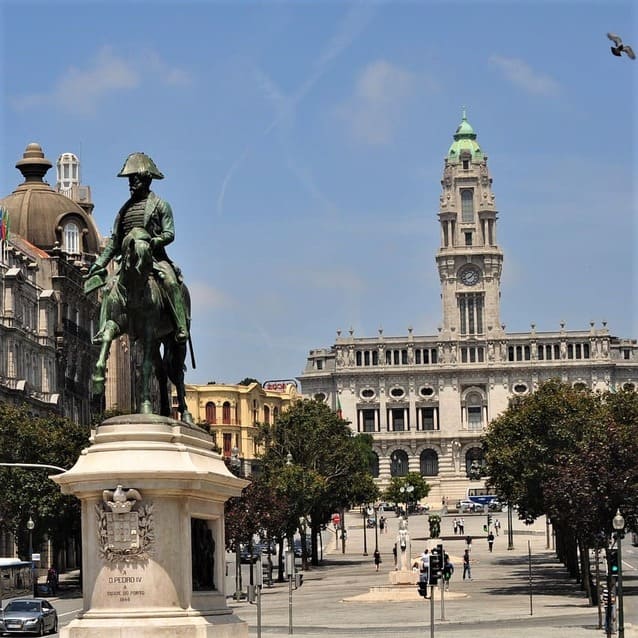
Professional Portuguese translation services of PoliLingua
Currently, PoliLingua translates large volumes of information from or into the Portuguese language. We offer different types of professional Portuguese translation services around the world. They include
Why PoliLingua is the best for Portuguese language translation
- All our Portuguese translators and interpreters are native speakers with years of extensive experience working for PoliLingua. Our Portuguese-speaking translators have specialized diplomas in translations and most of the time work in their dedicated area of industries.
- Our 20 years of experience in the field of professional Portuguese translations are reflected in the number of our clients. They appreciate us because we always strive to provide the most accurate and professional translations for their documents.
- Our Portuguese certified translation services provide the highest-level translations that are accepted on a government level. We have certified Portuguese translators who are experts in several fields, such as medical, legal, marketing, technical translation, localization solutions, etc. They can work more accurately on your translation projects.
- PoliLingua is a corporate member of The Institute of Translation and Interpreting, a full member of the European Language Industry Association (ELIA), a member of both the American Translators Association (ATA) and Globalization and Localization Association (GALA), and an accredited member of Association of Translation Companies (ATC). In 2020, PoliLingua got certificates of assurance from Cyber Essentials.
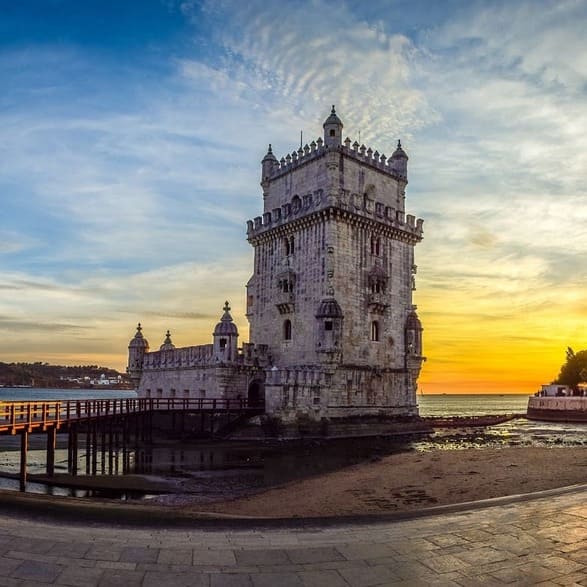
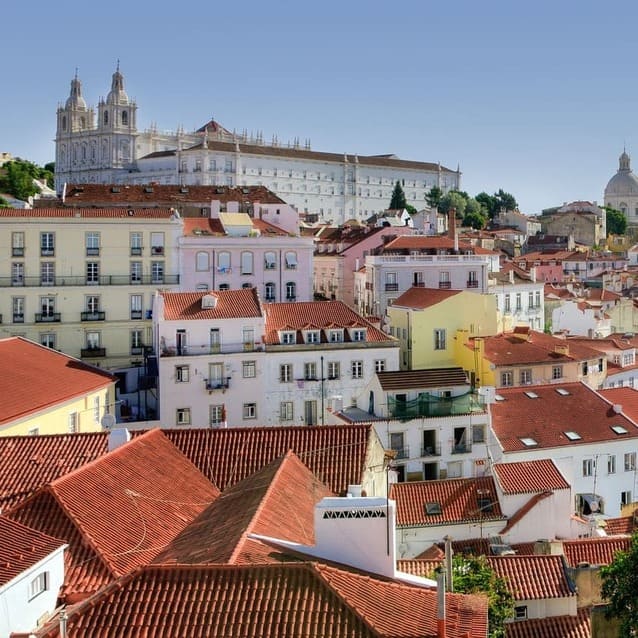
Portuguese language translation in the modern world
Portuguese language translation is absolutely necessary if you want to integrate into the social, economic, and cultural life of Portugal and Brazil, where it is widespread. Again, it should be noted that Portugal plays an important financial and economic role in Europe, so it is an attractive market for investment, exports, and imports. Therefore, if you translating your information into or from Portuguese by a translation agency that has a strong record of quality to provide services is the key to business development in Portugal and Brazil.
Another key factor in the economy of both counties is tourism. To attract international tourists, who often come to see the unmatched beauty of Lisboa, Tavira, Porto, Sao Paulo, and Brasilia, it is necessary to translate your tourism content into the main international languages, because promoting services in the native language of potential consumers will significantly increase their likability. Professional Portuguese language translations are crucial to making your marketing or legal information, as well as transcription and interpretation services, look and sound smoothly for native speakers.
Portuguese to English and English to Portuguese translation services
The most common language in the translation pair with Portuguese is English
- PoliLingua provides a number of different Portuguese to English and English to Portuguese translation services, each offering different benefits. Some translation services also offer additional features, such as audio or video support.
- Some of the most popular Portuguese to English translation services include website translation, document translation, and software localization. Website translation is necessary for businesses that want to reach a Portuguese-speaking audience. Document translation is essential for businesses that need to translate Portuguese documents into English. Software localization helps businesses tailor their software products for a Portuguese-speaking market.
- In addition to businesses, there is also a growing demand for Portuguese to English and English to Portuguese translation services from individuals. With the rise of online dating and social media, more people are looking for ways to connect with others who speak Portuguese. As a result, there is a growing need for translation services that can help people bridge the language barrier.
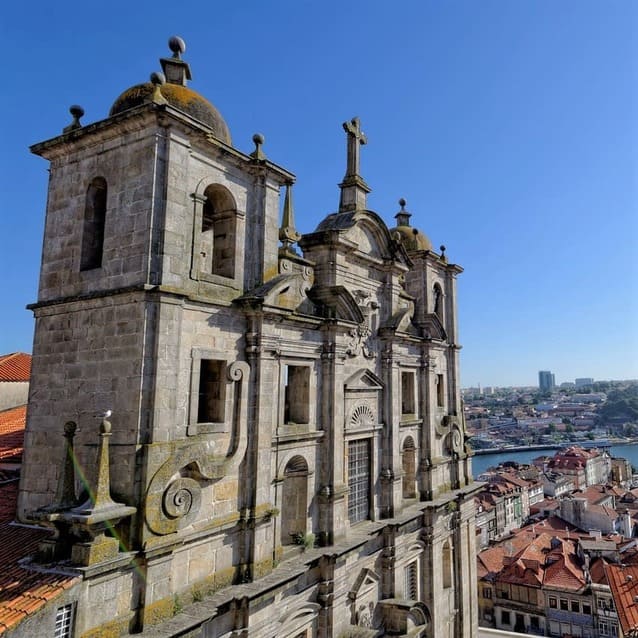
The Portuguese language history
the Portuguese language occupies 7th place in the ranking of the most spoken languages (after Chinese, Spanish, English, Hindi, Arabic, and Bengali). With over 234 million speakers around the world, it is the official language of many countries. As in Portugal, Brazil, Angola as well as Mozambique, and even Guinea-Bissau, where it is considered a mother tongue. The history of the Portuguese is inseparable from the one of the people who, from the 15th century, experienced an exceptional maritime saga and in a few decades spread to the four corners of the world.
Qualified as the language of poetry and music, Portuguese derives its origin from vulgar Latin, then in use in a territory called Lusitania by the Romans. This region corresponds approximately to present-day Portugal, plus part of Leon, Castile, and Extremadura, up to the vicinity of Toledo. Rome secured the domination of Lusitania in the 2nd century BC and the Roman colonization was set up with its soldiers and its cohort of officials and traders. The Roman administration and legislation prevailed, but also Latin which, by virtue of its flexibility and richness, rapidly spread to all layers of the population, quickly causing most of the primitive dialects to disappear.
The Latin, spoken in this province, especially after the fall of the Western Roman Empire in 476, gradually acquires its own concept, which differentiates it from the language of its Leonese and Castilian neighbors. Towards the end of the 10th century, the first influences of French, langue d'oil and langue d'oc, were felt in the common religious vocabulary and in the language of the seigniorial. Galician-Portuguese gradually acquired such refinement and enjoyed such prestige that it was considered throughout the peninsula as the language of poetry par excellence. In the 15th century, we can say that Portugal had its national language, this time separated from Galician.
At that time, the great discoveries initiated a process of territorial expansion that would rapidly and considerably increase the Portuguese-speaking linguistic area: Portuguese spread throughout the world, thus experiencing the greatest expansion ever reached by a language. Portuguese is thus enriched by the contribution of indigenous languages (Bantu, Tupi, and Asian languages). Secondly, Portuguese, with its strong borrowings, would enrich other European languages with these exotic terms (guinea pig, piranha, jaguar).
Since the 18th century, Spanish no longer played the role of the second cultural language, relayed in this by French: many Gallicisms were introduced into the Portuguese language, both in vocabulary and syntax. This French influence will remain very marked in Portuguese. Portuguese left indelible traces of its passage not only on the immense territories in which it is spoken today but also on the lands where it played, at one time, the role of lingua franca. These traces are testimonies of an international primacy of Portuguese which lasted until the middle of the 19th century. Today, Portuguese language with its three main variants, European, Brazilian and African, is still one of the key languages in the world and in the EU, along with English, French, Spanish, and German.
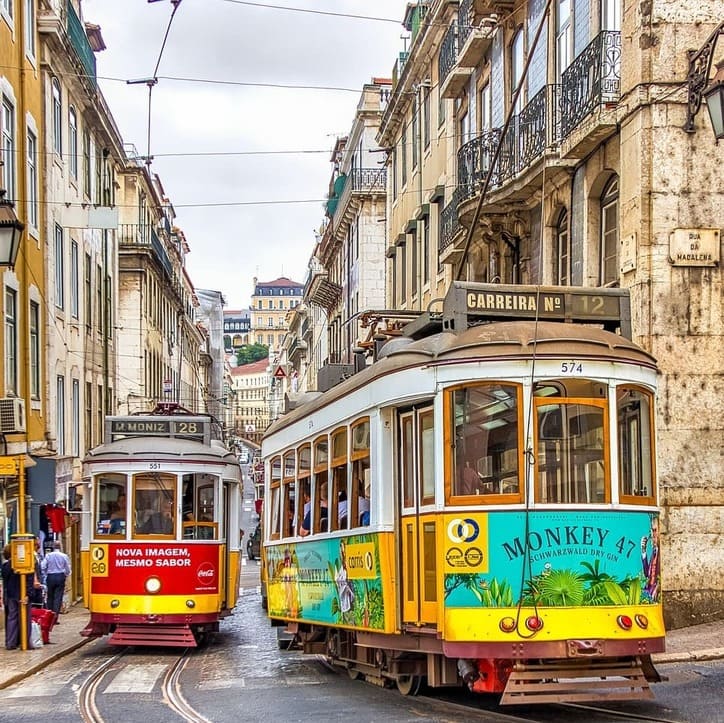
Contact us to request a free quote for professional Portuguese translations
The price of professional Portuguese translation (always human translation!) and interpreting depend on several factors such as volume, recurrence, and specialty area. However, the highest quality of our great services remains invariably the same. We believe that quality, high accuracy, and quick turnaround is always the best choice.
Get a free quote for your professional Portuguese translations within a few hours (less than 24 hours). Please call or email us to ask any questions about your project or to find out more about what translation services we can provide for you today. Find the best Portuguese translators you need at PoliLingua!

Do you need assistance?
We are here to support you in obtaining a relevant quote for complex document translation, website localization, PDF translation, software localization, and any other translation-related projects.







